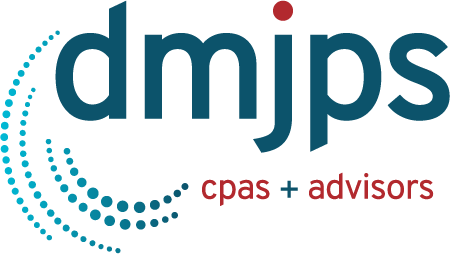The IRS has recently issued a warning to employers to be suspicious of third parties advising on claiming the Employee Retention Credit (ERC). Some third parties are reaching out to employers and claiming they meet the ERC requirements, when in fact they do not qualify.
The third parties will often charge a large upfront fee or a fee that is contingent on the employer receiving the credit. They often do not tell employers that the business’s wage deductions claimed on their federal income tax return must be reduced by the amount of the credit. These third parties are also taking aggressive, inappropriate stances on whether employers qualify.
What Is the Employee Retention Credit (ERC)?
The ERC is a refundable credit that businesses could use if they continued paying workers during the COVID-19 pandemic. Businesses could also use this credit if their gross receipts sharply declined from March 13, 2020, to December 31, 2021. Eligible employers are able to claim the ERC on an original or amended payroll tax return for a period within those dates.
To qualify for the credit, employers must meet at least one of the following requirements:
- Had a full or at least partial interruption in operations because of a government order during 2020 or through September 2021
- Experienced a sharp decline in receipts during 2020 or through September 2021
- Qualified as a recovery startup business during the second half of 2021
Employers do not have to meet each of these qualifications, but they must meet at least one to be eligible for the credit.
An employer generally has three years from the date of the original payroll tax return filing to claim the ERC on an amended payroll tax return.
How the ERC Scam Works
A third party will reach out to an employer, claiming that the employer qualifies for the ERC. Then, the third party will ask for an upfront fee or a percentage of the ERC once it is awarded. Once an agreement is in place (or the employer has paid the fee), the third party will then “assist” with amending an employment tax return or filing a return for the first time claiming the credit.
The third party does not explain that any ERC credit taken decreases the amount of wage deductions an employer can take on their federal income tax return. For some, that can be an unwelcome surprise at tax time. This reduction must be taken in the year when the wages were paid, not in the year that an employer claimed the ERC.
Wages must also be coordinated with Paycheck Protection Program loan forgiveness—which means that some wages that these third parties are attempting to use for the ERC are not qualifying wages because they have already been used for other forms of tax relief.
The third parties are also often taking aggressive and improper positions about whether the employer qualifies for the credit. These more aggressive positions essentially argue that every business was affected, regardless of whether there was any government-forced shutdown or limitation on business.
Reporting Scams and a Word of Caution from the IRS
The IRS reminds employers that they are ultimately responsible for any information submitted to the IRS. As a result, employers must ensure that information on tax returns is complete and truthful, regardless of who prepares it. If the ERC is improperly claimed, the employer could be required to repay the credit along with penalties and interest.
If you have been the victim of a scam or suspect fraud, contact the Treasury Inspector General for Tax Administration by calling 800-366-4484. You can also submit Form 3949-A Information Referral to report illegal activities related to the Employee Retention Credit.
If you have any questions or would like additional information, please contact DMJPS.

